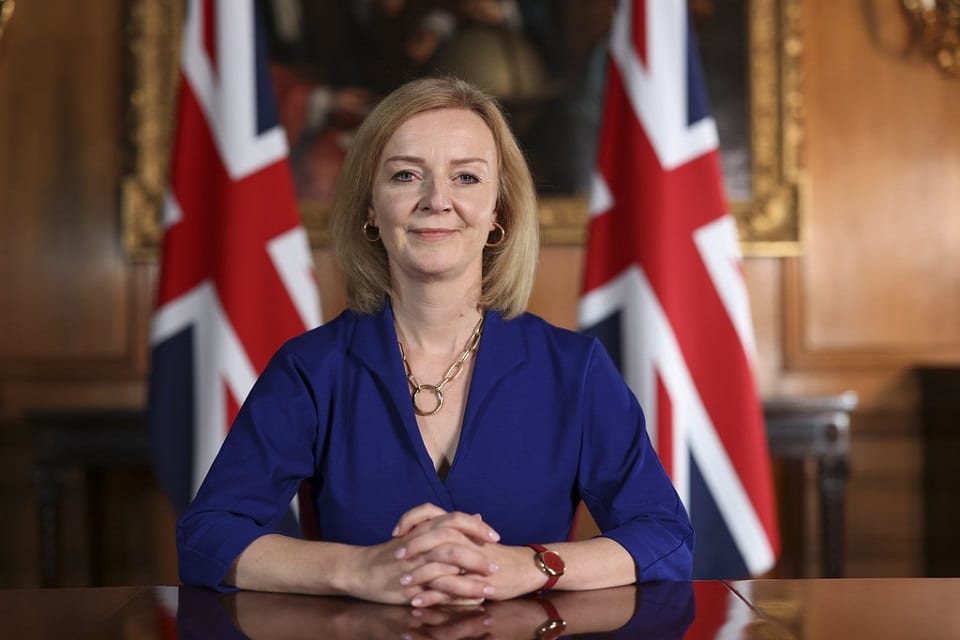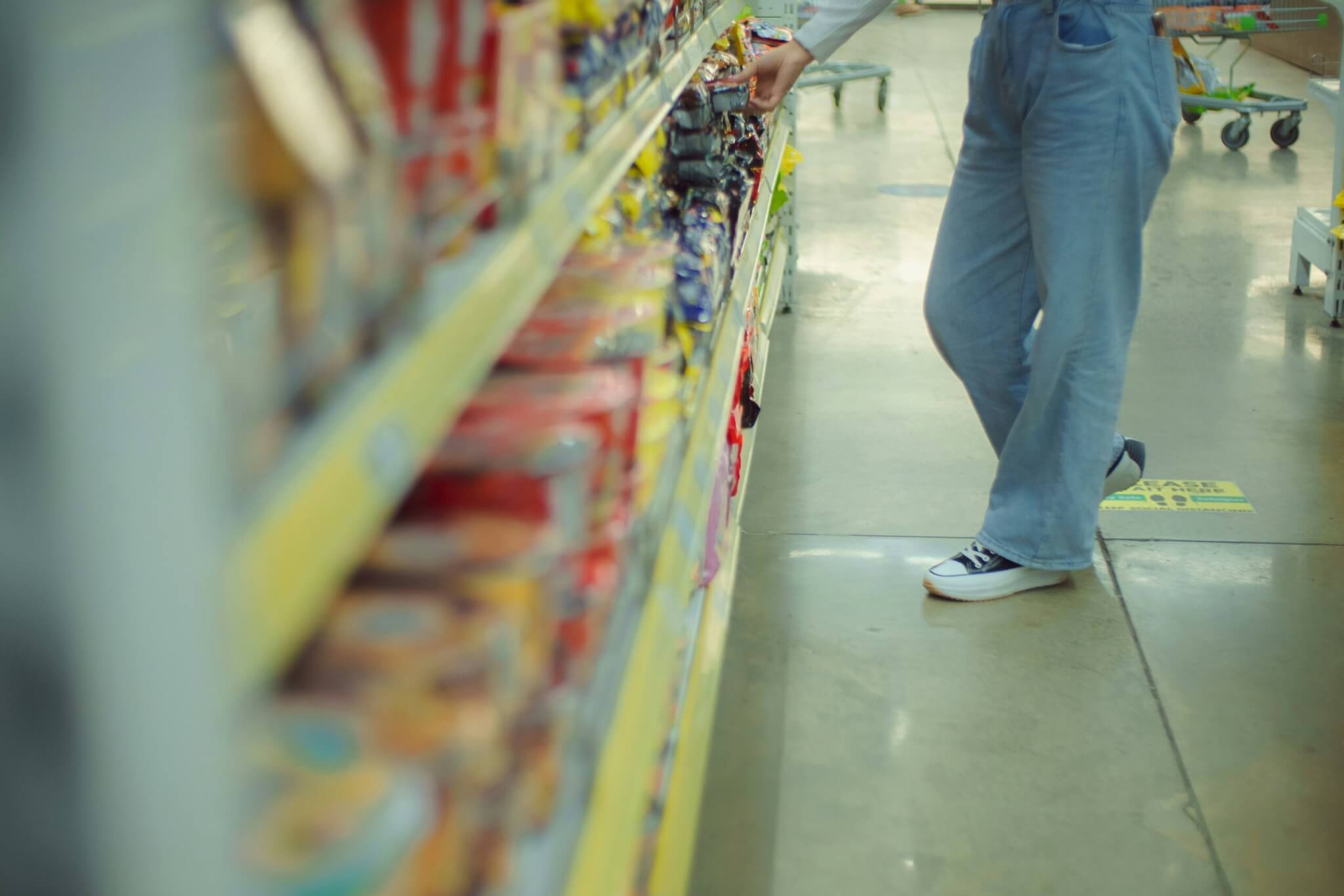Liz Truss has been elected as leader of the Conservative party and the country’s new Prime Minister after months of jostling and rhetoric.
But what does she have in store for a food and farming sector in dire need of leadership due to sky-high energy costs, a shortage of workers, Brexit‐related challenges and climate change already affecting crops?
First on her in-tray is the energy crisis and she is already said to be preparing a £40 billion package to help businesses cope with soaring energy costs, plus ‘comprehensive’ support for households.
Campaign promises
Truss pledged at her leadership launch that she will “turbocharge” British food and farming by reducing “pointless” red tape inherited by the EU.
The former foreign secretary added: “We will focus on farmers growing food,” hinting at a renewed focus on the amount of food the UK produces and reducing the reliance on imports.
In response to a labour crisis where £22 million of crops have been lost due to a lack of pickers, Truss said she will extend the Seasonal Workers Scheme that grants visas to foreign farm workers and will promote technology to reduce reliance on a human workforce.
Track record
In a political career spanning 10 years, Truss was a minister for the department for environment, food and rural affairs (Defra) from 2014‐2016. She used this experience on the campaign trail, claiming: “As a former Defra secretary of state, I understand the challenges faced by farmers and they can trust me to deliver the changes they need.”
She championed food sector exports as per her infamous ‘pork markets’ speech and said to the BBC in 2014: “Food is such an important part of the economy. It’s a bigger manufacturing industry than automobiles and aerospace, we need to see it as a key economic driver.”
She is also on record backing rewilding gardens and public spaces before it was fashionable back in 2014, calling for people to stop mowing to help pollinators numbers such as bees, crucial for food production.
Ironically, she also approved the use of bee-toxic pesticide, neonicotinoids, despite an EU ban and against the advice of campaigners.
Elsewhere, she has consistently voted against measures to prevent climate change with 19 votes against and 4 votes for – gloomier still is her appointment of the minister in charge of climate change, Jacob Rees Mogg has a worse record. Read our report on the incoming minister for energy and Defra.
However, it will be her track record as international trade secretary and the deal with Australia which will concern food producers the most, as it will leave the UK open to lower environmental and animal welfare food products.
Author and farmer James Rebanks commented on this trade deal last year: “It [the trade deal] will drive down prices paid to British farmers and create greater pressures for intensification at the field or barn level, instead of creating and protecting a more ambitious nature-friendly (or agroecological) farming system.”
Reaction: ‘A bleak day for agriculture and the environment’
The Landworkers’ Alliance (LWA), a farmers’ union which represents more than 2,000 small and medium-scale farmers and landworkers said that her record on trade, proposed tax cuts and her focus on high-tech solutions represented “a bleak day for agriculture and the environment.”
“Less public budget to support the food and farming sector will likely result in the roll-out of new ‘efficient’ hi-tech solutions such as gene editing and the use of robotics to replace labour on farms, thereby taking control of our farming system out of the hands of farmers and food producers and putting it firmly into the hands of large corporations and tech giants,” said the LWA’s horticulture campaign coordinator, Rebecca Laughton.
Chief executive of the UK’s largest organic certifier, The Soil Association, Helen Browning called for Truss to increase free school meals, help supply schools with local, sustainable produce, protect the new subsidies that will pay farmers to provide ecosystem services and bring in regulation to help citizens make healthier choices.
“As the country reels from the sweltering heatwave and continuing drought, food banks become overwhelmed by demand and millions of people brace themselves for soaring energy prices, there has never been a more important time for strong leadership from Government,” said Browning.
Meanwhile, the Food, Farming and Countryside Commission urged government not to lose sight of the climate and nature crises in the face of soaring energy prices and a cost-of-living crisis: “It would be a profound mistake to back away from our ambitious climate targets and policies designed to provide healthy sustainable food for the country, because of a myopic focus on the most immediate crisis in front of us.”













My heart sinks reading this. I was hoping for less of the same, but alas. This is the perfect time time to rethink, start afresh, isnt that was what Brexit was all about supposedly? To better our lives? Britain is just sinking further and further into the mire as far as I can tell.